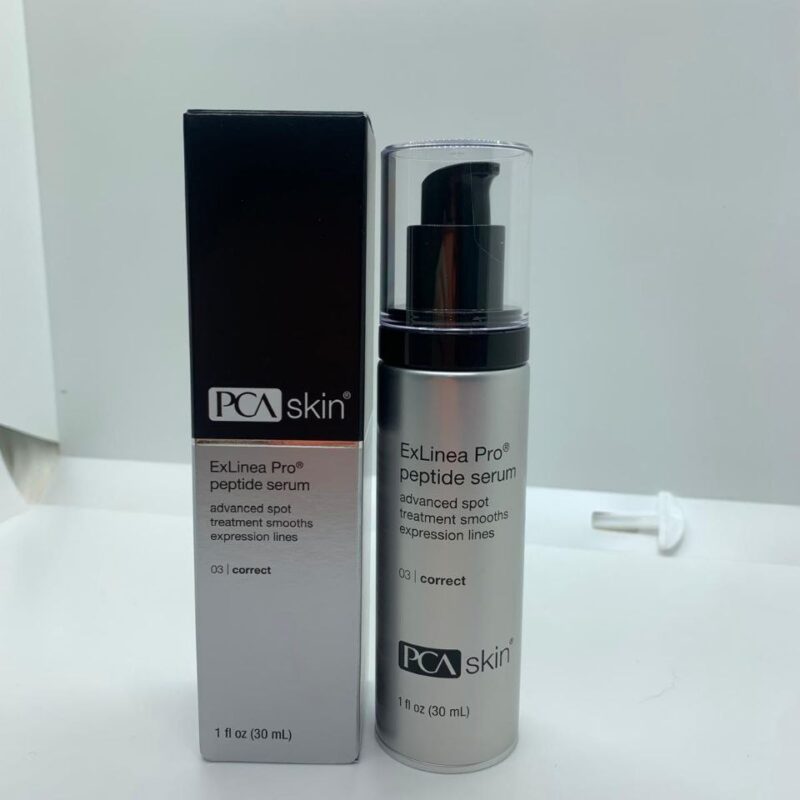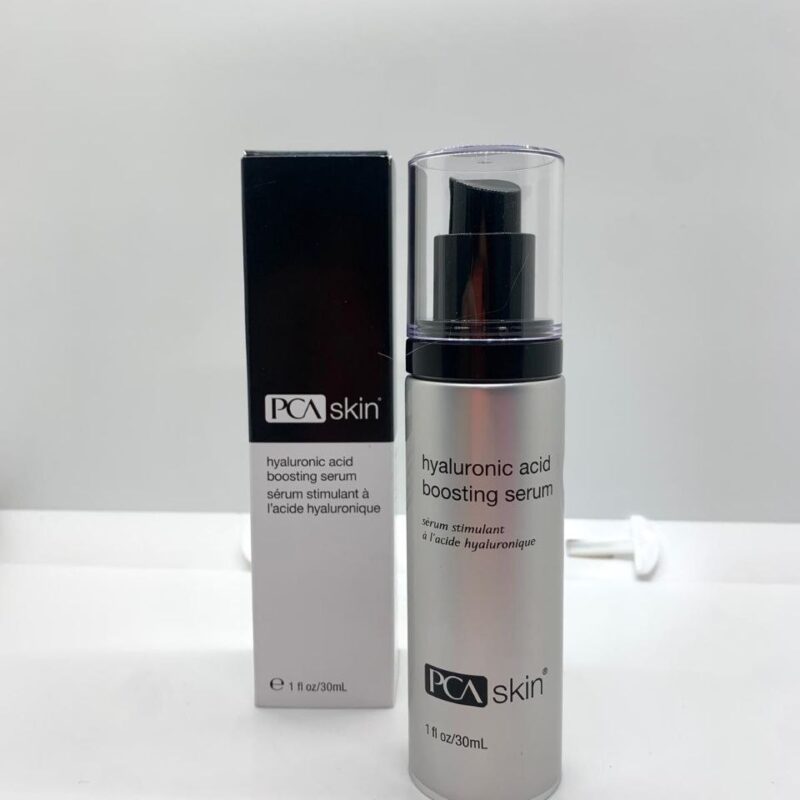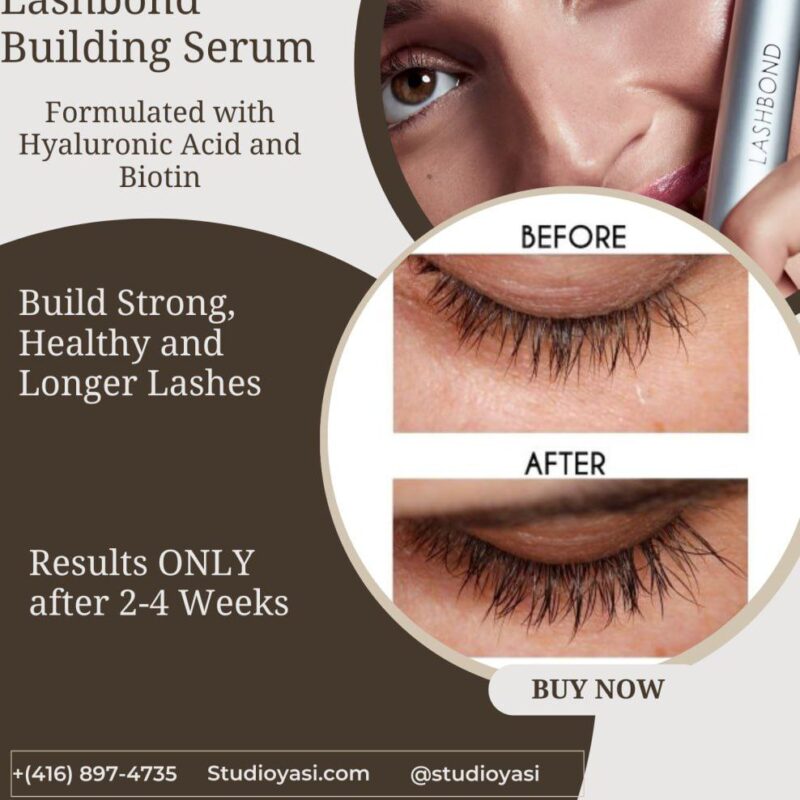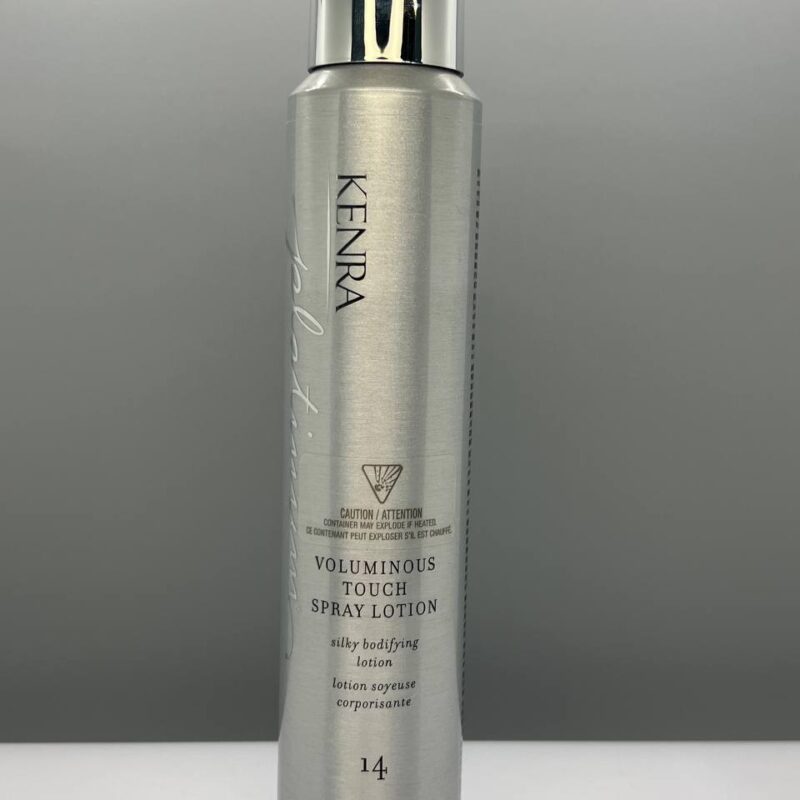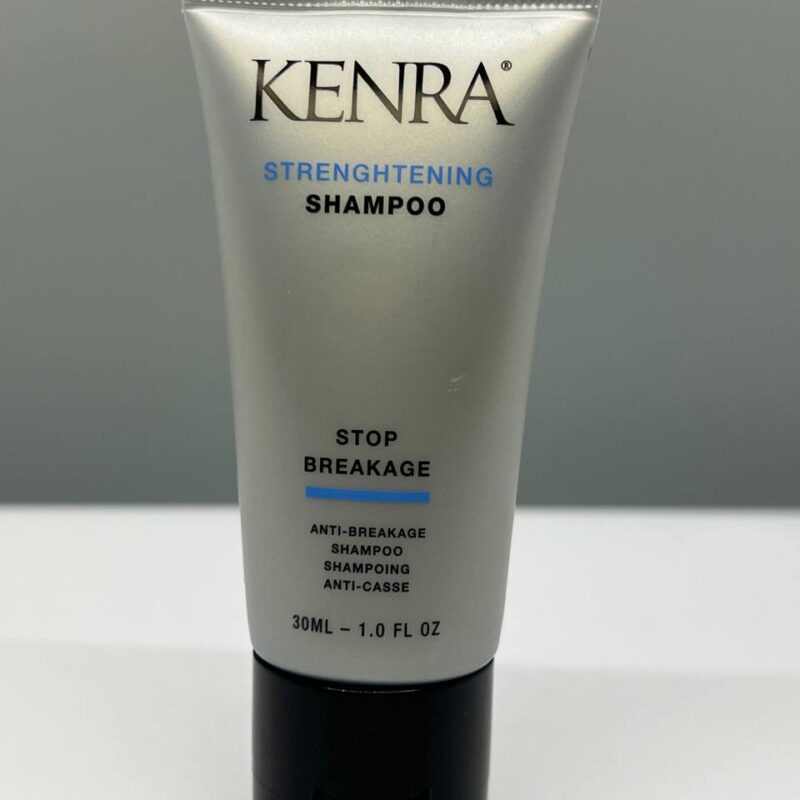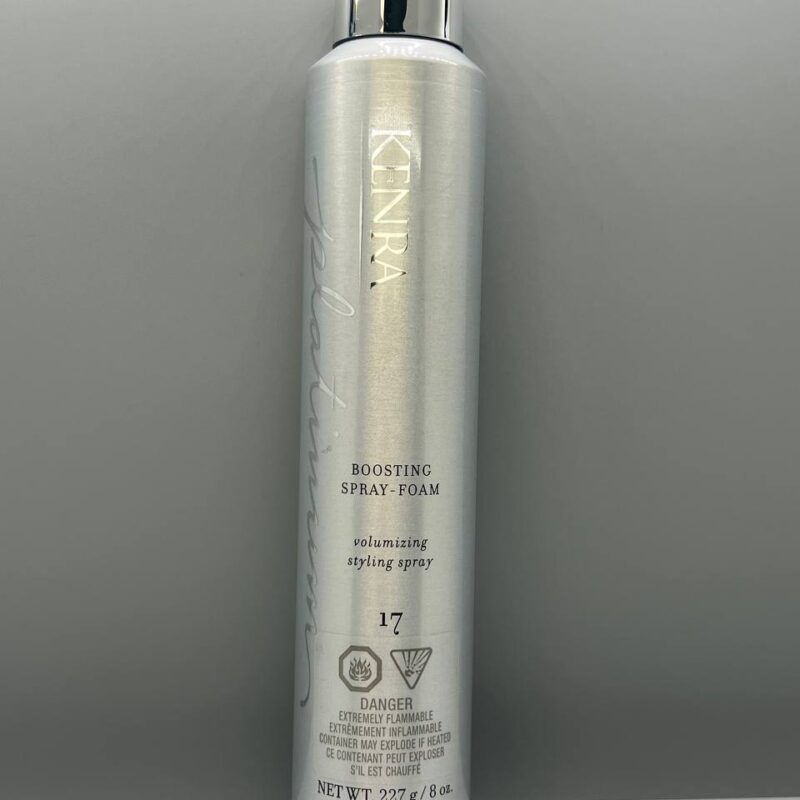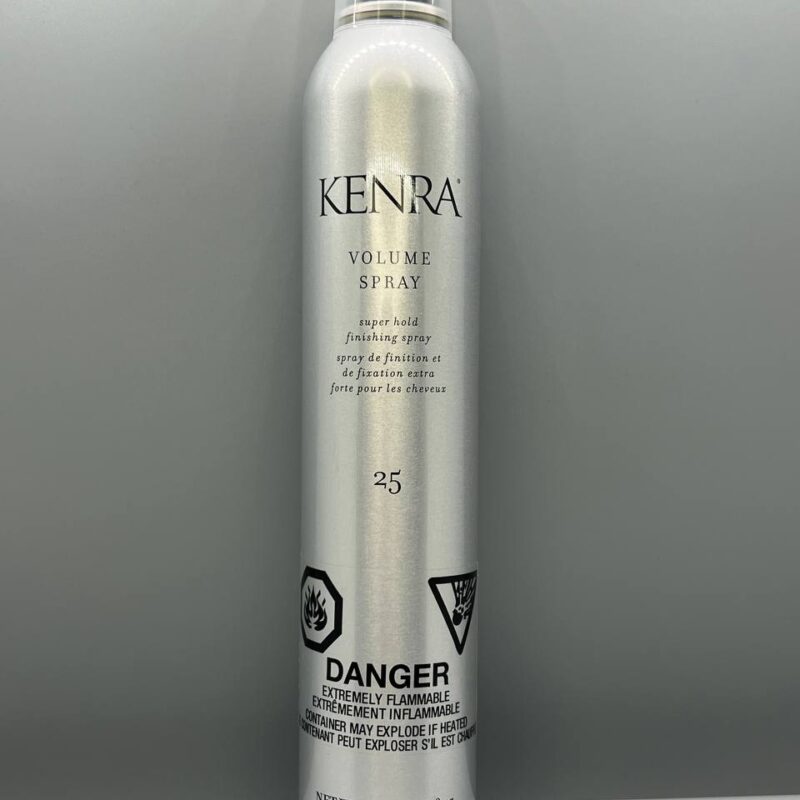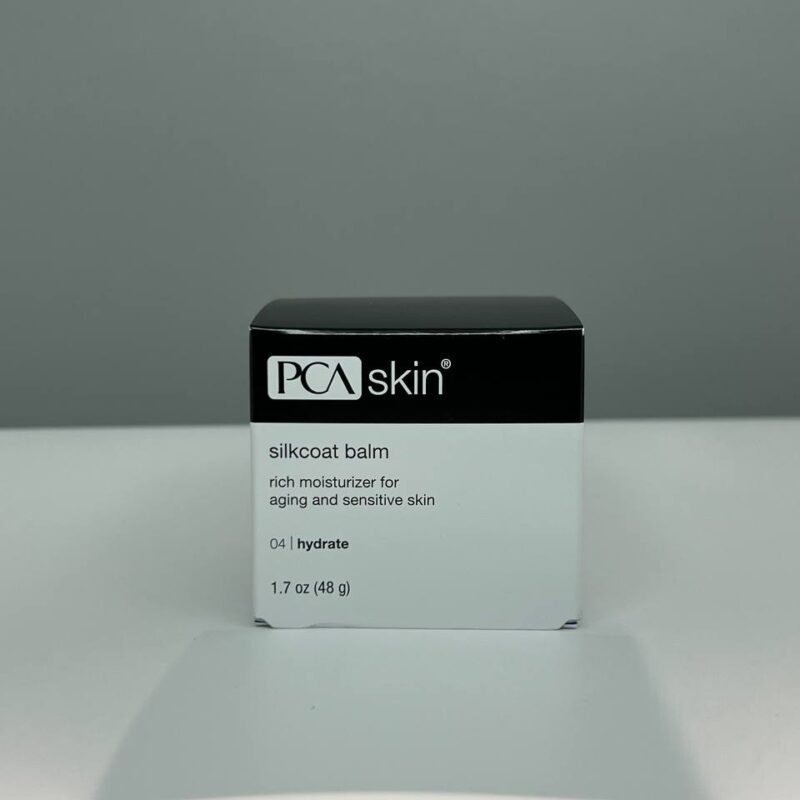Embarking on a journey toward radiant and glowing skin begins with the foundation of a healthy and mindful diet. The adage “you are what you eat” holds incredibly when nurturing your skin from within. A well-balanced and nutrient-rich diet supports overall well-being and is pivotal in achieving that coveted luminosity. Incorporating a colorful array of fruits and vegetables, lean proteins, and essential fatty acids into your daily meals gives your skin the building blocks it needs to thrive. So, lets delve into the world of wholesome nutrition, where each bite becomes a step towards a healthier you and a more radiant and glowing complexion.
What is healthy skin?
Healthy skin is smooth, supple, and free from blemishes or irritation. It is also well-hydrated and has a natural glow. Here are some of the critical characteristics of healthy skin:
- Smoothness: Healthy skin should be smooth and free from bumps, roughness, or flakiness.
- Suppleness: Healthy skin should be supple and elastic, meaning it can stretch and bounce back without tearing.
- Hydration: Healthy skin should be well-hydrated, meaning it should not be dry or oily.
- Natural glow: Healthy skin should have a natural glow, meaning it should not be dull or lifeless.
- Free from blemishes: Healthy skin should be free from acne, pimples, and blackheads.
- Free from irritation: Healthy skin should not be irritated or inflamed.
The 15 best foods for healthy skin
Here are the 15 best foods for healthy skin:
1. Fatty fish
Fatty fish, such as salmon, mackerel, herring, sardines, and anchovies, are excellent foods for healthy skin. They’re rich sources of omega-3 fatty acids essential for maintaining healthy skin (1). Omega-3 fatty acids help keep skin thick, supple, and moisturized. They also help reduce inflammation, which can contribute to skin problems such as acne and eczema. Here are some specific benefits of fatty fish for skin health:
- Reduces inflammation: Omega-3 fatty acids have anti-inflammatory properties, which can help reduce inflammation in the skin. Inflammation is a significant factor in many skin conditions, including acne, eczema, and psoriasis.
- Hydrates skin: Omega-3 fatty acids help keep skin hydrated by promoting the production of ceramides, essential for maintaining skin barrier function. A healthy skin barrier helps to keep water in and irritants out, which can help prevent dryness and irritation.
- Promotes collagen production: Omega-3 fatty acids are also crucial for collagen production. Collagen is a protein that gives skin its structure and elasticity. As we age, collagen production decreases, leading to wrinkles and fine lines. Eating fatty fish can help to boost collagen production and keep skin looking youthful.
- Protects against sun damage: Omega-3 fatty acids help protect skin from sun damage by reducing the production of free radicals. Free radicals are molecules formed when skin is exposed to sun ultraviolet (UV) radiation. UV radiation can damage skin cells and lead to premature aging and skin cancer.
- Improves wound healing: Omega-3 fatty acids can help to improve wound healing by promoting the growth of new skin cells. This can be helpful for people who have chronic skin conditions or who are prone to skin injuries.
Fatty fish are beneficial for skin health and are a good source of protein, vitamins, and minerals for overall health. So, adding fatty fish to your diet is a great way to improve your skin and overall health.

2. Strawberries
Here are some additional benefits of strawberries for skin health:
- Protect against sun damage: Strawberries are a good source of vitamin C, an antioxidant that helps protect skin from sun damage. Sun damage can lead to premature aging and wrinkles.
- Reduce inflammation: Strawberries contain ellagic acid, an antioxidant that has anti-inflammatory properties. Inflammation can contribute to skin problems such as acne and eczema.
- Hydrate skin: Strawberries contain water, which helps to hydrate skin. Dry skin can lead to wrinkles and other skin problems.
- Brighten skin: Strawberries contain vitamin C, which helps to brighten skin. Vitamin C can help to reduce the appearance of dark spots and uneven skin tone.
- Induce collagen production: Strawberries contain polyphenols, which have been shown to induce collagen production. Collagen is a protein that gives skin its structure and elasticity. As we age, collagen production decreases, leading to wrinkles and fine lines.
- Promote wound healing: Strawberries contain vitamin C, which helps to promote wound healing. This can be helpful for people who have chronic skin conditions or who are prone to skin injuries.
In addition to the benefits for skin health, strawberries are also a good source of fiber and vitamins that are important for overall health. So, adding strawberries to your diet is a great way to improve your skin and overall health.
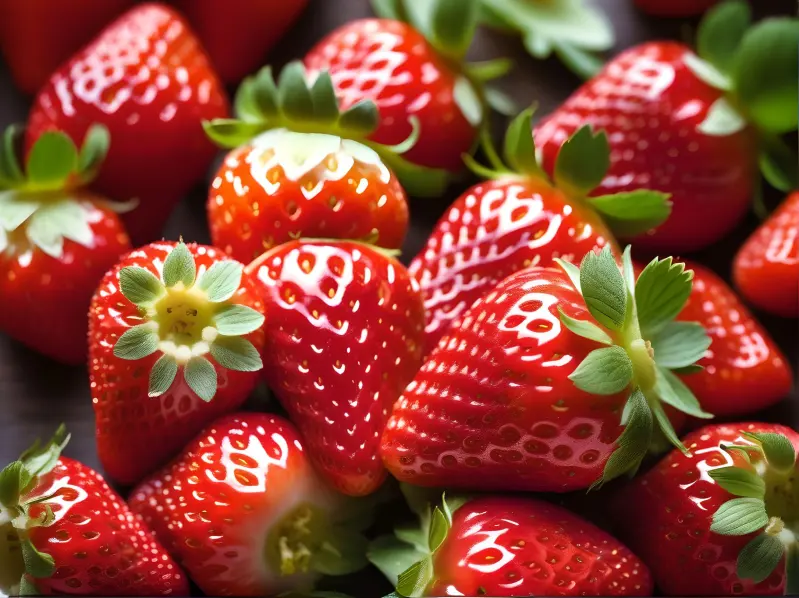
3. Kimchi
Kimchi is a traditional Korean fermented cabbage dish packed with nutrients and has been linked to several health benefits, including improved skin health. Here are some of the specific benefits of kimchi for skin health:
- Contains probiotics: Kimchi is a rich source of probiotics, which are beneficial bacteria that can help improve gut health. A healthy gut microbiome is essential for overall health, including skin health.
- High in antioxidants: Kimchi is a good source of antioxidants, which can help protect skin from damage caused by free radicals. Free radicals are molecules that can damage cells and contribute to aging.
- Contains vitamin C: Kimchi is a good source of vitamin C, which is essential for collagen production. Collagen is a protein that gives skin its structure and elasticity. As we age, collagen production decreases, leading to wrinkles and fine lines.
- Contains vitamin K: Kimchi is a good source of vitamin K, which is essential for wound healing and helps promote new skin cell growth.
- Contains sulfur: Kimchi contains sulfur, an essential mineral that helps to build collagen and elastin, which are necessary for skin structure and elasticity.
- Contains selenium: Kimchi contains selenium, an antioxidant that helps protect skin from damage caused by free radicals. Free radicals can damage cells and contribute to aging.
- Contains capsaicin: Kimchi contains capsaicin, which gives chili peppers heat. Capsaicin has been shown to have anti-inflammatory properties, which can help reduce inflammation in the skin.
In addition to the benefits for skin health, kimchi is also a good source of fiber, vitamins, and minerals that are important for overall health. So, adding kimchi to your diet is a great way to improve your skin and overall health.

4. Avocados
Avocados are a nutrient-rich fruit that can provide numerous benefits for your skin. Here are some of the critical nutrients in avocados that contribute to healthy skin:
- Vitamins A, C, and E are essential for maintaining healthy skin cells and protecting them from damage. Vitamin A helps regulate cell growth and differentiation, vitamin C promotes collagen production, and vitamin E acts as an antioxidant to neutralize free radicals.
- Healthy fats: Avocados are a rich source of healthy fats, including monounsaturated and polyunsaturated fats. These fats help keep skin hydrated, supple, and protected from moisture loss. They also help to reduce inflammation, which can contribute to skin problems such as acne and eczema.
- Antioxidants: Avocados contain various antioxidants, including lutein, beta-carotene, and lycopene. These antioxidants help protect skin cells from damage caused by free radicals, which can contribute to premature aging and wrinkles.
- Minerals: Avocados are a good source of minerals such as potassium, magnesium, and zinc. These minerals are essential for various bodily functions, including skin health. Potassium helps maintain skin hydration, magnesium promotes cell turnover, and zinc helps to regulate sebum production and reduce inflammation.
Introducing 10 of Summer 2024’s Hairstyle Trends
Here are some specific ways avocados can benefit your skin:
- Hydration: Avocados’ high content of healthy fats helps keep skin hydrated and supple. This can be particularly beneficial for people with dry skin.
- Improved elasticity: Avocados’ high vitamin E and healthy fat content can help improve skin elasticity and reduce the appearance of wrinkles and fine lines.
- Reduced inflammation: Avocados’ rich content of antioxidants can help reduce inflammation in the skin, which can contribute to skin conditions such as acne and eczema.
- Protective barrier: Avocados’ healthy fats can help strengthen the skin’s natural barrier, which helps protect it from environmental damage.
- Promoted wound healing: Avocados’ vitamin C content can help promote wound healing and cell regeneration.
12 Handy Tips to Get Strong and Healthy Nails, According to Nail Care Experts
Overall, avocados are versatile and nutritious foods that can benefit your skin. They can be enjoyed in various ways, such as mashed, blended into smoothies, or added to salads or sandwiches.
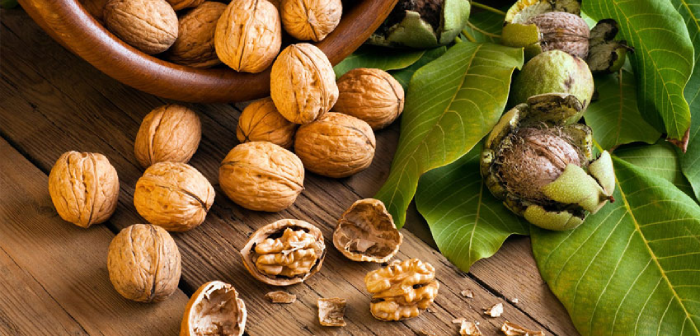
5. Walnuts
Walnuts are a nutrient-dense food that can provide many benefits for your skin, including:
- Promoting collagen production: Walnuts contain omega-3 fatty acids, which are essential for collagen production. Collagen is a protein that gives skin structure and elasticity, so increasing collagen production can help reduce wrinkles and fine lines.
- Protecting against sun damage: Walnuts contain antioxidants, which help protect skin from damage caused by the sun’s ultraviolet (UV) rays. UV rays can damage skin cells and contribute to premature aging.
- Reducing inflammation: Walnuts contain antioxidants and ellagic acid, which have anti-inflammatory properties. Inflammation can contribute to acne and other skin problems.
- Hydrating skin: Walnuts contain omega-3 fatty acids and vitamin E, which help keep skin hydrated. Dry skin can lead to wrinkles and other skin problems.
- Promoting wound healing: Walnuts contain vitamin C, which helps promote wound healing and cell regeneration.
- Protecting against free radical damage: Walnuts contain antioxidants, which help protect skin from damage caused by free radicals. Free radicals are molecules that can damage cells and contribute to aging.
In addition to their benefits for skin health, walnuts are a good source of protein, fiber, and healthy fats, which are essential for overall health. So, adding walnuts to your diet is a great way to improve your skin and overall health. Here are some specific recommendations for incorporating walnuts into your diet for healthy skin:
- Add walnuts to your oatmeal or yogurt for a healthy breakfast.
- Snack on walnuts daily as a healthy alternative to chips or candy.
- Add walnuts to your salads or stir-fries for a nutty flavor and added nutrients.
- Use walnuts topping for your favorite desserts, such as ice cream or yogurt.
- You can make your walnut oil at home by grinding walnuts into a paste and pressing the paste through cheesecloth to extract the oil.

Secrets to growing healthy and strong hair
6. Sunflower seeds
Sunflower seeds are a nutritional powerhouse packed with vitamins, minerals, and healthy fats that can benefit your skin in many ways. Here are some of the specific benefits of sunflower seeds for skin health:
- Vitamin E: Sunflower seeds are a rich source of vitamin E, an antioxidant that protects skin cells from damage caused by free radicals. Free radicals are molecules that can damage cells and contribute to premature aging.
- Zinc: Sunflower seeds are also a good source of zinc, an essential mineral that helps regulate sebum production and reduce inflammation. Sebum is an oil that the skin produces, and too much sebum can clog pores and lead to acne.
- Selenium: Sunflower seeds contain selenium, which is an antioxidant that helps protect skin from sun damage. Sun damage can lead to premature aging and wrinkles.
- Vitamin B6: Sunflower seeds contain vitamin B6, which is essential for producing collagen, a protein that gives skin its structure and elasticity. As we age, collagen production decreases, leading to wrinkles and fine lines.
- Vitamin C: Sunflower seeds contain vitamin C, essential for wound healing and skin repair.
- Lutein: Sunflower seeds contain lutein, an antioxidant that helps protect skin from damage caused by ultraviolet (UV) radiation. UV radiation can damage skin cells and contribute to premature aging.
- Linoleic acid: Sunflower seeds contain linoleic acid, a type of omega-6 fatty acid that helps keep skin hydrated and supple. Dry skin can lead to wrinkles and other skin problems.
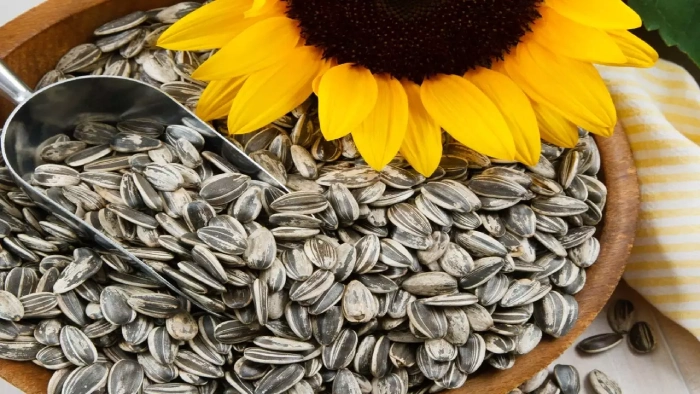
7. Blood Oranges
Blood oranges are a unique and delicious citrus fruit packed with nutrients beneficial for skin health. Here are some of the specific benefits of blood oranges for skin health:
- Vitamin C: Blood oranges are an excellent source of vitamin C, an antioxidant that protects skin cells from damage caused by free radicals. Free radicals are molecules that can damage cells and contribute to premature aging.
- Vitamin A: Blood oranges contain beta-carotene, converted to vitamin A in the body. Vitamin A is essential for cell growth and differentiation and helps protect skin from sun damage.
- Lycopene: Blood oranges contain lycopene, an antioxidant that protects skin from sun damage. Sun damage can lead to premature aging and wrinkles.
- Hyaluronic acid: Blood oranges contain hyaluronic acid, a natural humectant that helps to keep skin hydrated. Dry skin can lead to wrinkles and other problems.
- Ellagic acid: Blood oranges contain ellagic acid, which is an antioxidant that has been shown to have anti-inflammatory properties. Inflammation can contribute to skin problems such as acne and eczema.
Nail Care and Repair Methods | Discover the Best Nail Salon in Bradford, Canada
In addition to the benefits for skin health, blood oranges are a good source of fiber, vitamins, and minerals for overall health. So, adding blood oranges to your diet is a great way to improve your skin and overall health.
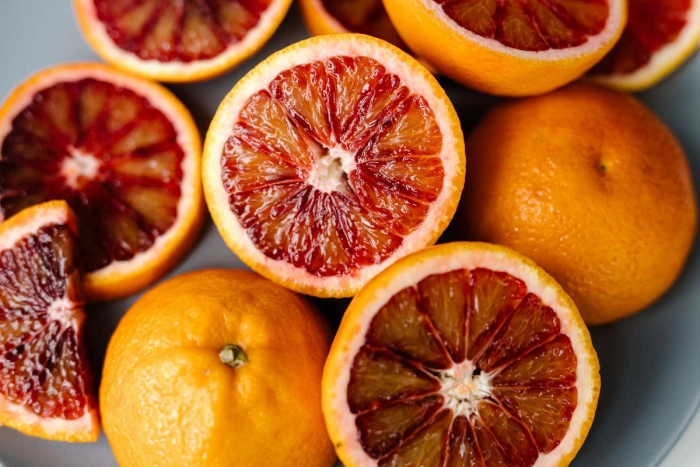
8. Bone Broth
Here are some of the potential benefits of bone broth for skin health:
- Hydration: Bone broth is a good source of collagen, a protein that helps keep skin hydrated and supple. Dry skin can lead to wrinkles and other skin problems.
- Reduced inflammation: Bone broth contains collagen, which has anti-inflammatory properties. Inflammation can contribute to skin problems such as acne and eczema.
- Protective barrier: Bone broth contains collagen, which helps strengthen the skin’s natural barrier and protect it from environmental damage.
- Promoted wound healing: Bone broth contains collagen, which helps promote wound healing and cell regeneration.
In addition to the benefits for skin health, bone broth is a good source of protein, collagen, and amino acids that are important for overall health. So, adding bone broth to your diet is a great way to improve your skin and overall health.

How to avoid skin dryness | 14 easy way to help your skin
9. Shellfish
Shellfish is a delicious and nutritious food that can benefit your skin health. Here are some of the specific benefits of shellfish for skin health:
- Zinc: Shellfish is a rich source of zinc, an essential mineral that helps regulate sebum production and reduce inflammation. Sebum is an oil that the skin produces, and too much sebum can clog pores and lead to acne.
- Selenium: Shellfish contains selenium, which is an antioxidant that helps protect skin from sun damage. Sun damage can lead to premature aging and wrinkles.
- Omega-3 fatty acids: Shellfish is a good source of omega-3 fatty acids, which have been shown to improve skin elasticity and reduce the appearance of wrinkles and fine lines.
- Copper: Shellfish contain copper, an essential mineral involved in collagen production. Collagen is a protein that gives skin its structure and elasticity. As we age, collagen production decreases, leading to wrinkles and fine lines.
- Vitamin A: Shellfish contain vitamin A, essential for cell growth and differentiation and helps protect the skin from sun damage.
- Vitamin E: Shellfish contains vitamin E, an antioxidant that protects skin cells from damage caused by free radicals. Free radicals are molecules that can damage cells and contribute to premature aging.
- Vitamin C: Shellfish contain vitamin C, essential for wound healing and skin repair.
In addition to the benefits for skin health, shellfish is a good source of protein, iron, and other vital nutrients for overall health. So, adding shellfish to your diet is a great way to improve your skin and overall health.

Ways to remove unwanted hair | Why electrolysis is the best way
10. Sweet potatoes
Sweet potatoes are a nutrient-rich food that can benefit your skin. Here are some of the critical nutrients in sweet potatoes that contribute to healthy skin:
- Beta-carotene: Sweet potatoes are a rich source of beta-carotene, converted to vitamin A in the body. Vitamin A is essential for cell growth and differentiation and also helps to protect skin from sun damage.
- Vitamin C: Sweet potatoes are a good source of vitamin C, an antioxidant that protects skin cells from damage caused by free radicals. Free radicals are molecules that can damage cells and contribute to premature aging.
- Fiber: Sweet potatoes are a good source of fiber, which helps keep skin hydrated and supple. Dry skin can lead to wrinkles and other skin problems.
- Antioxidants: Sweet potatoes contain various antioxidants, including lutein, beta-carotene, and lycopene. These antioxidants help protect skin cells from damage caused by free radicals, which can contribute to premature aging and wrinkles.
- Minerals: Sweet potatoes are a good source of minerals such as potassium, magnesium, and zinc. These minerals are essential for various bodily functions, including skin health. Potassium helps maintain skin hydration, magnesium promotes cell turnover, and zinc helps to regulate sebum production and reduce inflammation.
Here are some specific ways sweet potatoes can benefit your skin:
- Hydration: Sweet potatoes’ high beta-carotene and healthy fat content helps keep skin hydrated and supple. This can be particularly beneficial for people with dry skin.
- Improved elasticity: Sweet potatoes’ high vitamin C content and healthy fats can help improve skin elasticity and reduce the appearance of wrinkles and fine lines.
- Reduced inflammation: Sweet potatoes’ rich content of antioxidants can help reduce inflammation in the skin, which can contribute to skin conditions such as acne and eczema.
- Protective barrier: Sweet potatoes’ healthy fats can help strengthen the skin’s natural barrier, which helps protect it from environmental damage.
- Promoted wound healing: Sweet potatoes’ vitamin C content can help promote wound healing and cell regeneration.

What is eyebrow threading | best eyebrow threading in Bradford
11. Red or yellow bell peppers
Red and yellow bell peppers are rich sources of nutrients that can benefit your skin health. Here are some of the specific benefits of red and yellow bell peppers for skin health:
- High in vitamin C: Red and yellow bell peppers are an excellent source of vitamin C, an antioxidant that protects skin cells from damage caused by free radicals. Free radicals are molecules that can damage cells and contribute to premature aging.
- Protect against sun damage: Red peppers contain lycopene, an antioxidant that has been shown to protect skin from damage caused by ultraviolet (UV) radiation. UV radiation can lead to premature aging and wrinkles.
- Reduce inflammation: Red peppers contain quercetin, an anti-inflammatory antioxidant. Inflammation can contribute to skin problems such as acne and eczema.
- Hydrate skin: Red and yellow bell peppers contain water, which helps to keep skin hydrated and supple. Dry skin can lead to wrinkles and other skin problems.
- Brighten skin: Red and yellow bell peppers contain beta-carotene, converted to vitamin A in the body. Vitamin A helps to brighten skin and reduce the appearance of dark spots.
- Promote wound healing: Red and yellow bell peppers contain vitamin C, which helps promote wound healing and cell regeneration.
In addition to the benefits for skin health, red and yellow bell peppers are a good source of fiber, vitamins, and minerals necessary for overall health. So, adding red or yellow bell peppers to your diet is a great way to improve your skin and overall health. Here are some specific recommendations for incorporating red or yellow bell peppers into your diet:
- Eat red or yellow bell peppers raw, roasted, or grilled.
- Add red or yellow bell peppers to salads, stir-fries, or soups.
- Use red or yellow bell peppers as a topping for sandwiches or wraps.
- Make your bell pepper salsa or chutney.
- Dehydrate red or yellow bell peppers for a healthy snack.
Incorporating red or yellow bell peppers into your diet can help nourish your skin from the inside out and promote healthy, radiant skin.

White hair removal by electrolysis
12. Soy
Soy is a nutrient-rich legume linked to some health benefits, including improved skin health. Here are some of the specific ways soy can benefit your skin:
- Promotes collagen production: Soy contains isoflavones, which are plant-based compounds that have been shown to boost collagen production. Collagen is a protein that gives skin structure and elasticity, so increasing collagen production can help reduce wrinkles and fine lines.
- Protects against sun damage: Soy contains antioxidants, which can help protect skin from damage caused by the sun’s ultraviolet (UV) rays. UV rays can damage skin cells and contribute to premature aging.
- Reduces inflammation: Soy contains isoflavones, which have anti-inflammatory properties. Inflammation can contribute to skin problems such as acne and eczema.
- Hydrates skin: Soybeans contain water, which helps to keep skin hydrated. Dry skin can lead to wrinkles and other issues.
- Brightens skin: Soybeans contain vitamin C, which is essential for collagen production. Vitamin C also helps to brighten skin and reduce the appearance of dark spots.
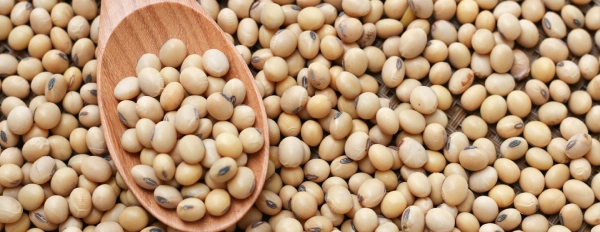
10 simple tips to take care of dry hair
13. Dark chocolate
Dark chocolate is known for its rich taste and decadent indulgence, but it also offers a range of benefits for your skin. Here are some of the ways dark chocolate can help you achieve a healthy, glowing complexion:
- Antioxidant Powerhouse: Dark chocolate is packed with antioxidants, which help protect your skin from damage caused by free radicals. Free radicals can damage cells and contribute to premature aging, wrinkles, and dark spots. The antioxidants in dark chocolate help neutralize free radicals and prevent them from harming your skin.
- Improved Blood Flow: Dark chocolate contains compounds that can improve blood flow to your skin. This increased circulation delivers more oxygen and nutrients to your skin cells, helping them function properly and look their best. Improved blood flow can also help reduce inflammation and swelling, contributing to a healthy, glowing complexion.
- Anti-inflammatory Effects: Dark chocolate contains compounds that have anti-inflammatory properties. Inflammation can damage collagen and elastin, the proteins that give your skin its structure and elasticity. By reducing inflammation, dark chocolate can help prevent wrinkles and keep your skin plump and youthful.
- Promotes Cell Growth: Dark chocolate contains copper, zinc, and iron, all essential for cell growth and regeneration. These nutrients help to repair damaged skin cells and promote the production of new ones. This can help to reduce the appearance of fine lines, wrinkles, and age spots.
- Hydrates Skin: Dark chocolate contains cocoa butter, a natural moisturizer. Cocoa butter helps lock in moisture and hydrate your skin, preventing dryness, flakiness, and premature aging.

Laser Hair Removal vs. Electrolysis | Which is better and differences?
14. Trout
Trout, a diverse group of freshwater fish belonging to the subfamily Salmoninae, family Salmonidae, captivates anglers and enthusiasts alike with their vibrant colors, elegant movements, and delicate taste. Closely related to salmon, trout share many morphological and behavioral similarities. They inhabit a range of habitats, including clear streams, lakes, and rivers. Their olive, brown, or rainbow-hued bodies, often adorned with silver or white undersides, testify to their adaptability and resilience within diverse aquatic ecosystems.
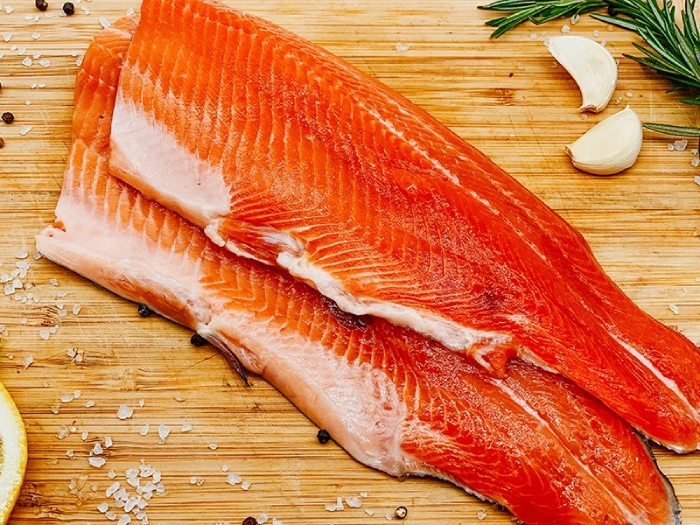
Modern techniques in waxing and sugaring
15. Watermelon
Watermelon is a summer fruit packed with nutrients and health benefits. It is a good source of vitamins A, C, and B6, potassium, magnesium, and lycopene. Lycopene is an antioxidant linked to a reduced risk of heart disease, cancer, and other chronic diseases.
Watermelon is also a good source of citrulline, an amino acid that may help improve exercise performance. When citrulline is consumed, it is converted into arginine in the body, which can then be used to produce nitric oxide. Nitric oxide helps to relax blood vessels and improve blood flow, leading to better exercise performance.
In addition to its nutritional benefits, watermelon is a refreshing and hydrating fruit. It is a good source of water, which can help to keep you cool and hydrated on hot days. Here are some of the health benefits of watermelon:
- Improved heart health: Watermelon is a good source of potassium, which helps to lower blood pressure and reduce the risk of heart disease.
- Reduced cancer risk: Lycopene, an antioxidant found in watermelon, has been linked to a reduced risk of certain types of cancer, including prostate cancer and bladder cancer.
- Improved exercise performance: Citrulline, an amino acid found in watermelon, may help improve exercise performance by increasing nitric oxide production.
- Hydration: Watermelon is a good source of water, which is essential for staying hydrated, especially in hot weather.
- Improved skin health: Watermelon is a good source of vitamin C, which helps to protect skin cells from damage and promote collagen production.
- Weight management: Watermelon is a low-calorie fruit high in water and fiber, which can help you feel full and satisfied.
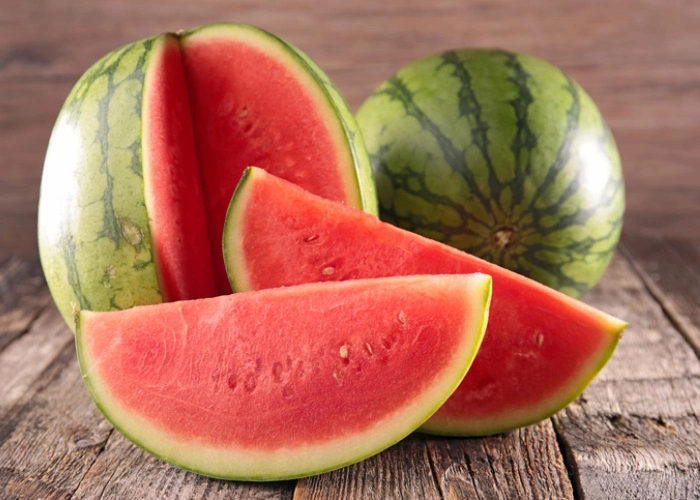
Types of massages and their benefits | Pick the right one
Conclusion
In conclusion, the path to a glowing complexion is paved with the choices we make in our daily diet. Embracing various nutrient-dense foods nourishes our skin from the inside out, promoting resilience and radiance. Remember, it’s not just a beauty ritual; it’s a lifestyle that empowers your skin to shine with health and vitality. So, let your plate be a canvas of colors and goodness, and watch as your skin reflects the glow of a well-nourished and balanced life.
The Perfect 7-Step to Build Night Skincare Regimen
FAQs
Many nutrients are important for healthy skin, but some of the most important include vitamins C, A, and E, as well as zinc, iron, and omega-3 fatty acids. These nutrients play a role in various skin processes, such as collagen production, protection against damage caused by free radicals, and wound healing.
Many foods are good for skin health, including:
- Fatty fish: Salmon, mackerel, herring, sardines, and anchovies are all good sources of omega-3 fatty acids, which are essential for healthy skin.
- Strawberries: Strawberries are a good source of vitamin C, an antioxidant that protects skin cells from damage caused by free radicals.
- Kimchi: Kimchi is a fermented cabbage dish rich in probiotics, which can help improve the health of your gut microbiome and contribute to healthy skin.
- Avocado: Avocados are a good source of healthy fats, vitamin C, and vitamin E, all of which are beneficial for skin health.
- Walnuts: Walnuts are a good source of omega-3 fatty acids, vitamin E, and zinc, all of which are beneficial for skin health.
- Sunflower seeds: Sunflower seeds are a good source of vitamin E, zinc, and selenium, all of which are beneficial for skin health.
- Blood oranges: Blood oranges are a good source of vitamin C, vitamin A, lycopene, and anthocyanins, all beneficial for skin health.
- Bone broth: Bone broth is a good source of collagen, a protein that gives skin structure and elasticity.
- Shellfish: Shellfish is a good source of zinc, selenium, omega-3 fatty acids, and vitamin A, which are beneficial for skin health.
- Sweet potatoes: Sweet potatoes are a good source of beta-carotene, vitamin C, fiber, and antioxidants, all beneficial for skin health.
- Red and yellow bell peppers: Red and yellow bell peppers are a good source of vitamin C, lycopene, quercetin, and beta-carotene, all of which are beneficial for skin health.
- Soy: Soy is a good source of isoflavones, antioxidants, vitamin C, and zinc, all of which are beneficial for skin health.
There are a few foods that you should specifically avoid for healthy skin, but some that may be harmful include:
- Processed foods: Processed foods are often high in unhealthy fats, sugar, and sodium, which can damage skin and contribute to premature aging.
- Excessive alcohol consumption: Excessive alcohol consumption can dehydrate your skin and make it more prone to wrinkles and other problems.
- Smoking: Smoking damages collagen and elastin, the proteins that give skin its structure and elasticity.
In addition to eating a healthy diet, there are other things you can do to improve your skin health, such as:
- Getting enough sleep: Sleep is essential for skin cell regeneration.
- Drinking plenty of water: Water helps keep skin hydrated and supple.
- Protecting your skin from the sun: Sun exposure can damage skin and contribute to premature aging. Use sunscreen with an SPF of 30 or higher daily, even on cloudy days.
- Avoid harsh soaps and cleansers. These can strip away your skin’s natural oils, leaving it dry and irritated.
- Moisturizing regularly: Moisturizer helps keep your skin hydrated and supple.
- Exfoliating regularly helps remove dead skin cells and reveals brighter, more radiant skin.
- Seeing a dermatologist for regular check-ups: A dermatologist can help you identify skin concerns and recommend the best treatment options.








